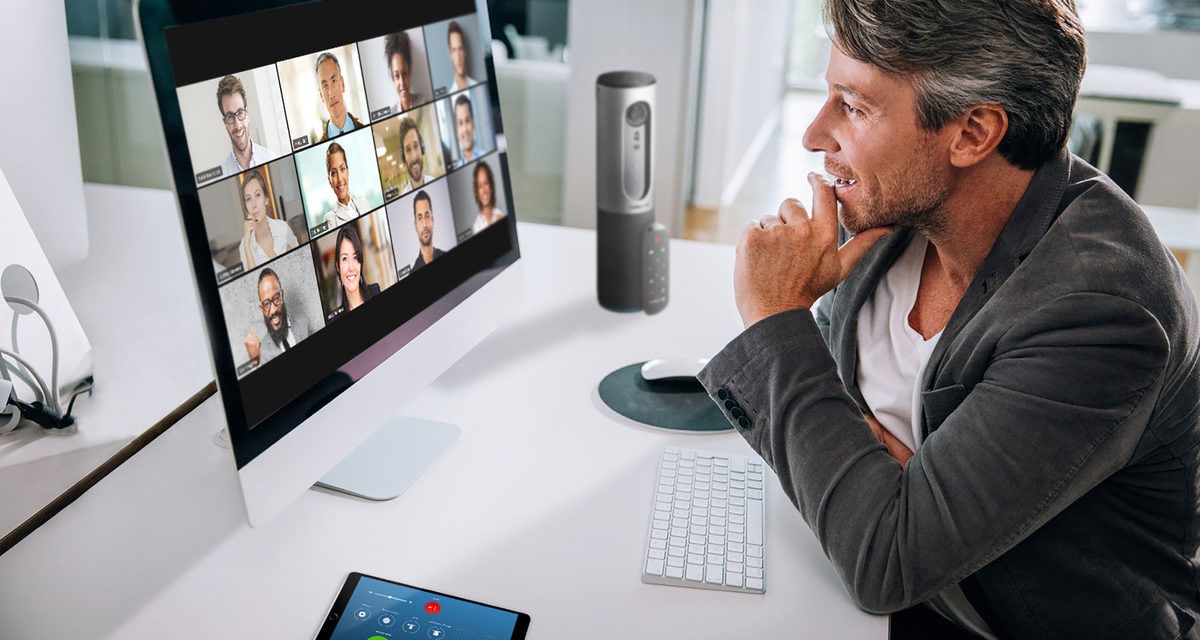
Covid-19 Series: Events, Venues Going Digital Amid Crisis

Due to the ongoing coronavirus (COVID-19) global pandemic, it’s not too dramatic to say that life, as we know it, is very much put on hold. Governments around the globe are closing their borders, millions of citizens are staying in their homes, and business and social gathering spaces have been either forced or advised to close. Restaurants, bars, cinemas theatres, stations, shops, concerts, venues are standing empty in some countries, with other territories soon to follow suit.
As we in the licensing industry are very much aware, most of the annual trade shows attended by hundreds of thousands have been cancelled or postponed.
Herein lies the global dilemma, faced by every single person and business. There is a great fiscal and economic need to carry on, but safety of people is always the absolute top priority.
In this respect, several events have announced the move to digital, as they cannot physically hold a conference.
Virtual Events
Microsoft’s Build Developer Conference is the latest tech event to announce it will be a digital event. The software giant was planning on holding its annual developer conference in Seattle from May 19th to May 21st, and it now states that there will be a virtual platform instead.
Earth Day Network, the global organizer of Earth Day, will mark the 50th anniversary of Earth Day with the first Digital Earth Day, a global digital mobilization on April 22 to address the most urgent threats to people and the planet.
“At Earth Day Network, the health and safety of volunteers and participants in Earth Day events is our top concern. Amid the recent outbreak, we encourage people to rise up but to do so safely and responsibly — in many cases, that means using our voices to drive action online rather than in person,” said Kathleen Rogers, President of Earth Day Network.
“Whether it be coronavirus or our global climate crisis, we cannot shut down. Instead, we must shift our energies and efforts to new ways to mobilize the world to action.”
Digital events will include virtual protests, social media campaigns, online teach-ins and more.
France’s Series Mania and Sunny Side of the Doc have unveiled digital strategies to mitigate the impact of the coronavirus pandemic on their events.
Virtual museums
Museums across the globe have announced temporary closures, including the Louvre, the Vatican Museums, New York’s Metropolitan Museum of Art, the Smithsonian Museums, the Los Angeles County Museum of Art and Korea’s National Museum of Modern and Contemporary Art.
However, under the Instagram hashtag #MuseumFromHome, cultural institutions have shared several informative posts about their collections and other artworks in an effort to continue to share knowledge and culture with the public, despite the closings.
Online education
And given that millions of children will now be learning from home, Google has partnered with over 500 museums and galleries worldwide in an effort to increase access to the arts. The platform allows users to browse featured museum collections, or use Google’s interior Street View to wander gallery halls.
Many top museums are participating, including Amsterdam’s Van Gogh Museum, New York’s Museum of Modern Art, Paris’ Musée d’Orsay, the National Gallery in London, the J. Paul Getty Museum in Los Angeles and South Korea’s National Museum of Modern and Contemporary Art.
With UNESCO estimating that more than 421 million children in 60 countries are affected, educators around the world have been compiling plans as to how best continue to teach young minds for these weeks or possibly months in confinement. Many schools have quickly moved to online teaching, virtual classrooms and educational apps.
Just days ago Italy’s Istituto Europeo di Design (IED), Austria’s University of Innsbruck and dozens of US institutions including Harvard University, Stanford University and Columbia University suspended in-person lessons and switching to digital learning materials and lectures, with many now following suit. Millions of children across China were the first to use online learning.
Learning management systems including Blackboard, CenturyTech and Schoolology are just a few examples of the massive portal of online learning that is available.
Positives amid the crisis
It goes very much without saying that the immediate financial losses of this pandemic will be vast. To give an example, the the direct economic loss from the cancellation of more than 10 major tech conferences — including Google I/O, Facebook’s F8 event, Mobile World Congress, SXSW, and now the massive video gaming conference Electronic Entertainment Expo (E3) — due to the coronavirus outbreak has surpassed $1.1 billion.
In this unprecedented time, however, there are positives. Chiefly that we live in a world of communication, and while not possible for many, for others, working and learning from home means that some aspects of normal life can continue as normal. We might not be able to see friends and family but we can call and FaceTime with them. Our board meetings may be cancelled but decisions can be made virtually. Living in the age of technology means that the world will be able to weather this storm, through ingenuity, adaptability and ultimately, working together.
















